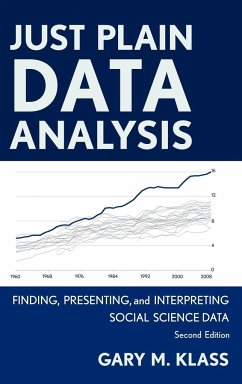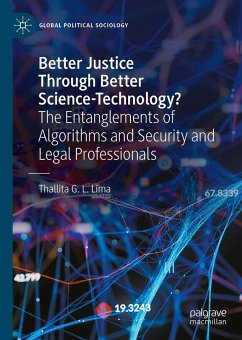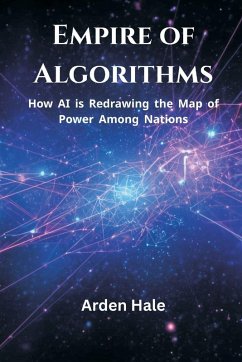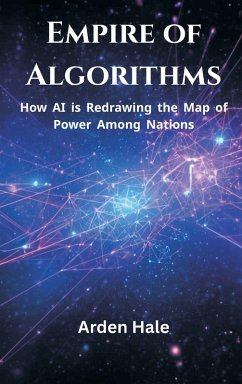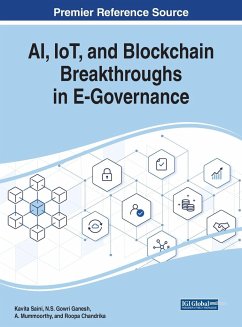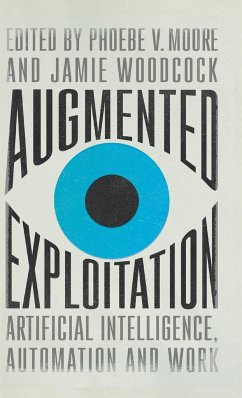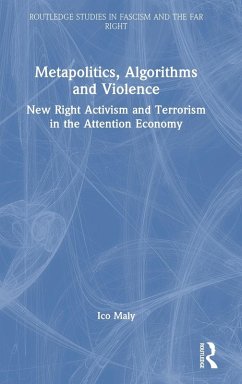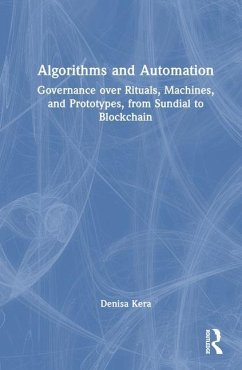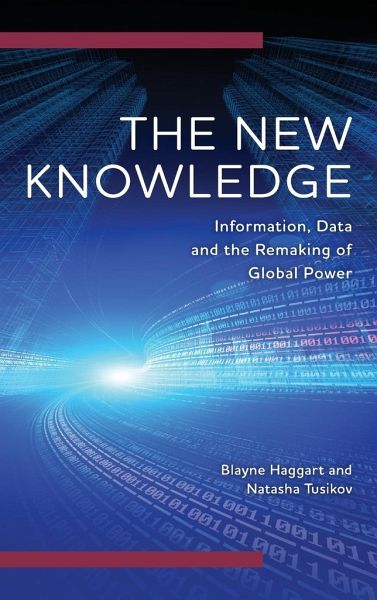
New Knowledge
Information, Data and the Remaking of Global Power
Versandkostenfrei!
Versandfertig in 1-2 Wochen
111,99 €
inkl. MwSt.

PAYBACK Punkte
56 °P sammeln!
From the global geopolitical arena to the smart city, control over knowledge-particularly over data and intellectual property-has become a key battleground for the exercise of economic and political power. For companies and governments alike, control over knowledge-what scholar Susan Strange calls the knowledge structure-has become a goal unto itself. The rising dominance of the knowledge structure is leading to a massive redistribution of power, including from individuals to companies and states. Strong intellectual property rights have concentrated economic benefits in a smaller number of ha...
From the global geopolitical arena to the smart city, control over knowledge-particularly over data and intellectual property-has become a key battleground for the exercise of economic and political power. For companies and governments alike, control over knowledge-what scholar Susan Strange calls the knowledge structure-has become a goal unto itself. The rising dominance of the knowledge structure is leading to a massive redistribution of power, including from individuals to companies and states. Strong intellectual property rights have concentrated economic benefits in a smaller number of hands, while the "internet of things" is reshaping basic notions of property, ownership, and control. In the scramble to create and control data and intellectual property, governments and companies alike are engaging in ever-more surveillance. The New Knowledge is a guide to and analysis of these changes, and of the emerging phenomenon of the knowledge-driven society. It highlights how the pursuit of the control over knowledge has become its own ideology, with its own set of experts drawn from those with the ability to collect and manipulate digital data. Haggart and Tusikov propose a workable path forward-knowledge decommodification-to ensure that our new knowledge is not treated simply as a commodity to be bought and sold, but as a way to meet the needs of the individuals and communities that create this knowledge in the first place.





